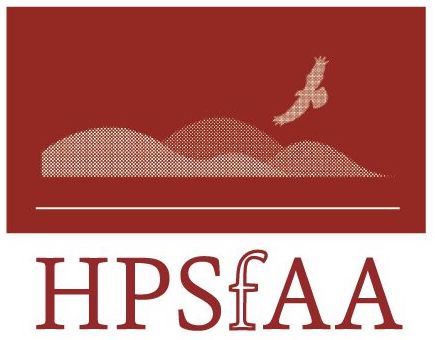  
 
The High Plains Society for Applied Anthropology |
|
A “New Relationship” Between Anthropologists and the Crees of Québec Part One: The Challenge
Kreg Ettenger
While the historical relationship between anthropologists and indigenous peoples is complex and contentious, there are many examples of the former supporting the latter as they seek self-governence and autonomy within their respective nation-states. In northern Québec, the Cree (Eeyou) Nation has spent much of the last 30 years in conflict over development of their lands and resources, with anthropologists involved in nearly all levels of this debate. Recently, Cree leaders signed a “New Agreement” with the Province of Québec which promises increased cooperation in the sustainable development of the region’s resources and reflects the fact that local employment, economic development, and community services have now become the main concern of Cree leaders. In response to such trends, anthropologists need to revise our research questions, methods, and perhaps even theories to address the issues now facing indigenous communities in the north and elsewhere. In this article, the first of two parts, I identify the challenges we face and explain the historical patterns that led to where we are. In Part Two I will offer suggestions for responding to these challenges both as individual researchers and for the field as a whole.
High Plains Applied Anthropologist No. 1, Vol 24, Spring, 2004 pp 77 – 92<Get PDF>
Back To List of Previous Issues